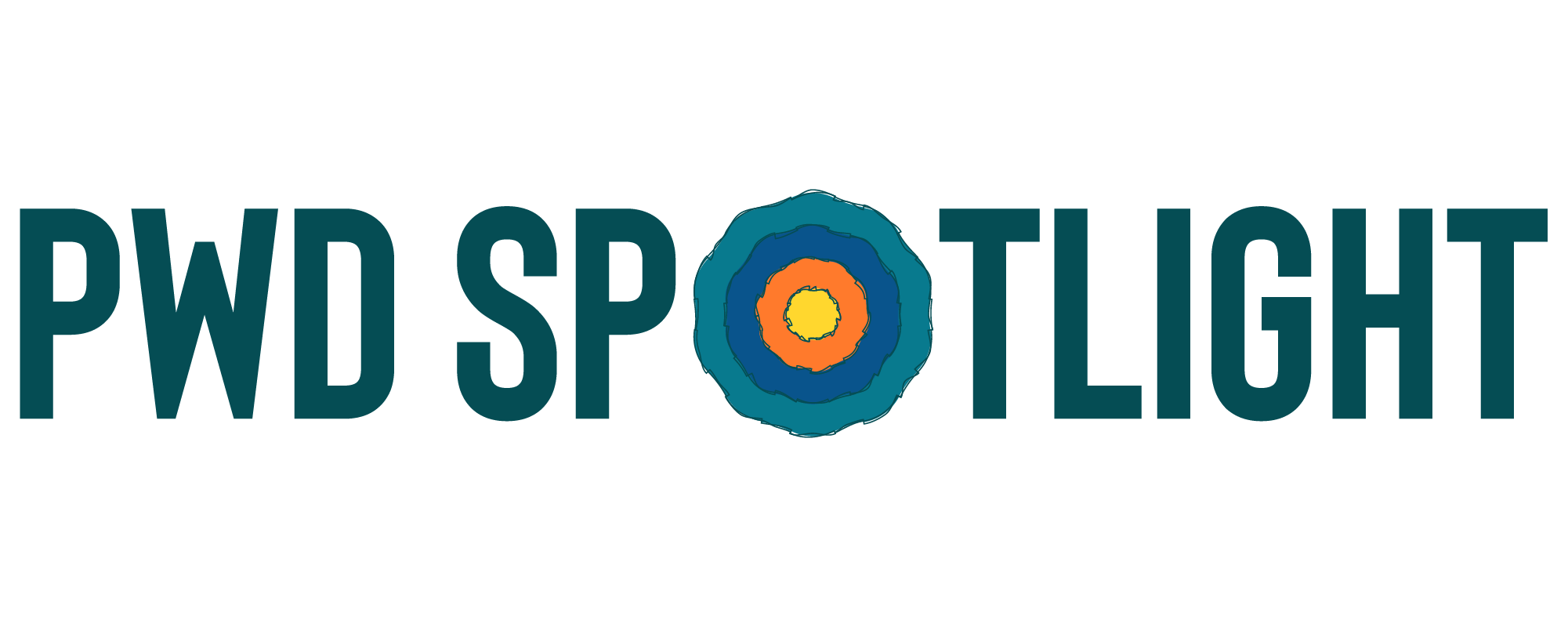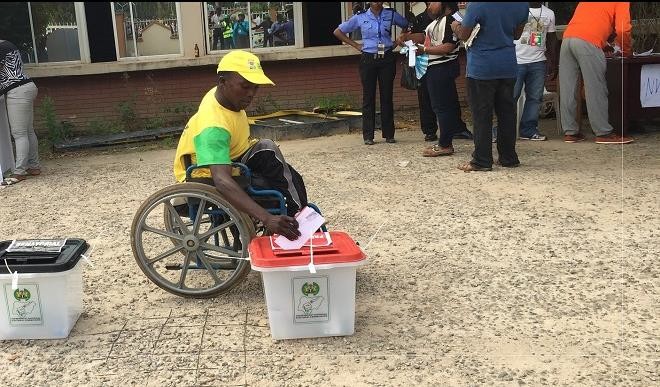It is enshrined in the Nigerian 1999 constitution that every citizen has the right to vote and be voted for, but it is unfortunate that people with disabilities are being subjugated in elections.
It is pertinent to note that we cannot reduce this unfair disadvantage to one situation; it is a cumulative effect. Just like we have seen in many elections in Nigeria that adequate provision is not made for Persons with Disabilities, and it is wrong.
Unfortunately, we have just attested to another one of those instances in the August 16th 2025, by-election to various vacant seats in the National Assembly in Nigeria.
The first sign of subjugation of PWDs is the unavailability of Braille. This is the special ballot paper for the blind, which would make it easy for them to identify political parties’ names so that they would be able to vote for their preferred candidate.
Another observation is the unavailability of a sign language interpreter or translator. No voter should be denied his/her fundamental human right; the deaf should have a considerable provision.
Infrastructural efficiency is also seen at the polling booth. On so many occasions, we have seen citizens in wheelchairs finding it difficult to reach where the vote would be cast due to unfavourable roads and other similar factors.
Another factor is the discouragement from other people in society. Often times, we have seen people discouraging Persons with Disabilities when it comes to voting.
Some people believe that PWDs should not bother to come out to vote because of their condition, not knowing that they’re shutting down their morale.
It is noteworthy that no one should be denied their right as a citizen of Nigeria, but it is clear that PWDs are being treated unfairly, consciously or unconsciously, by the government or the people.
In all, the situations that deny Persons with Disabilities electoral inclusion should be addressed, so that they can carry out their civic responsibilities just like every other citizen during elections and beyond towards a just and egalitarian society.
By: Yekeen Azeez Olanipekun

